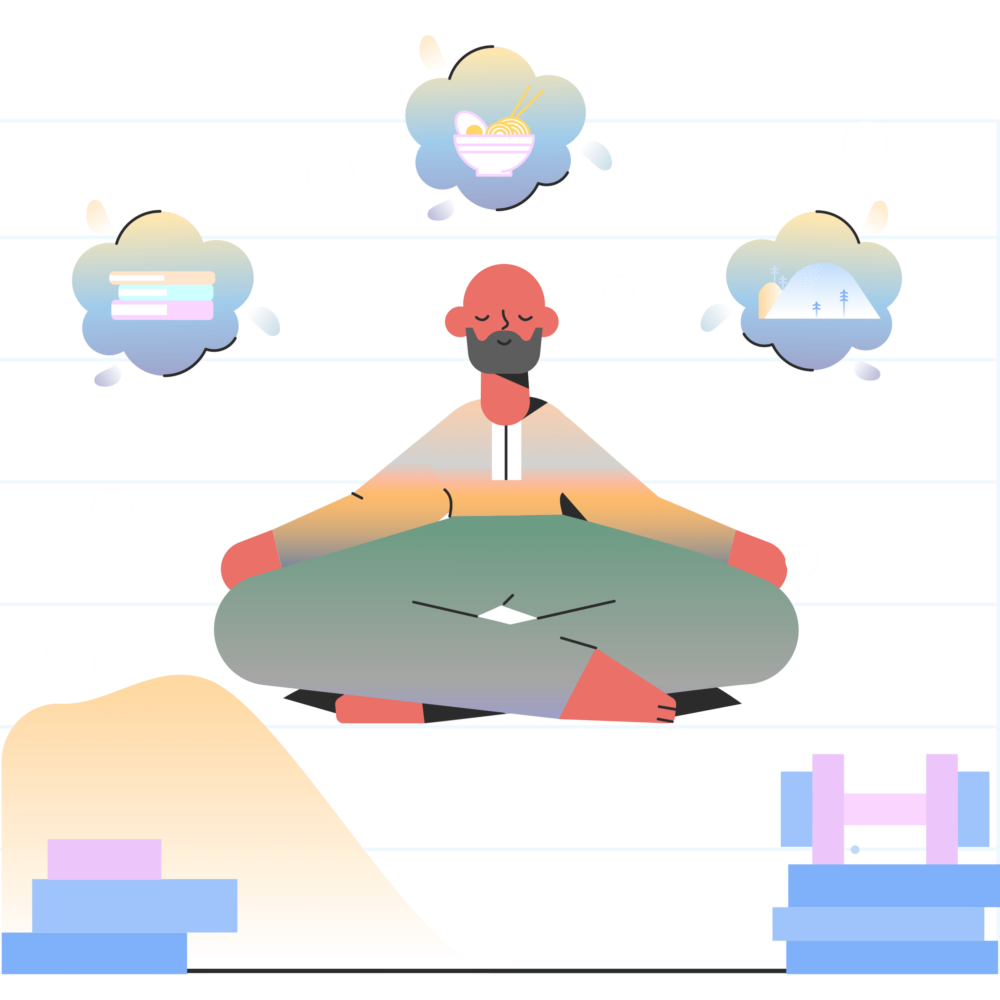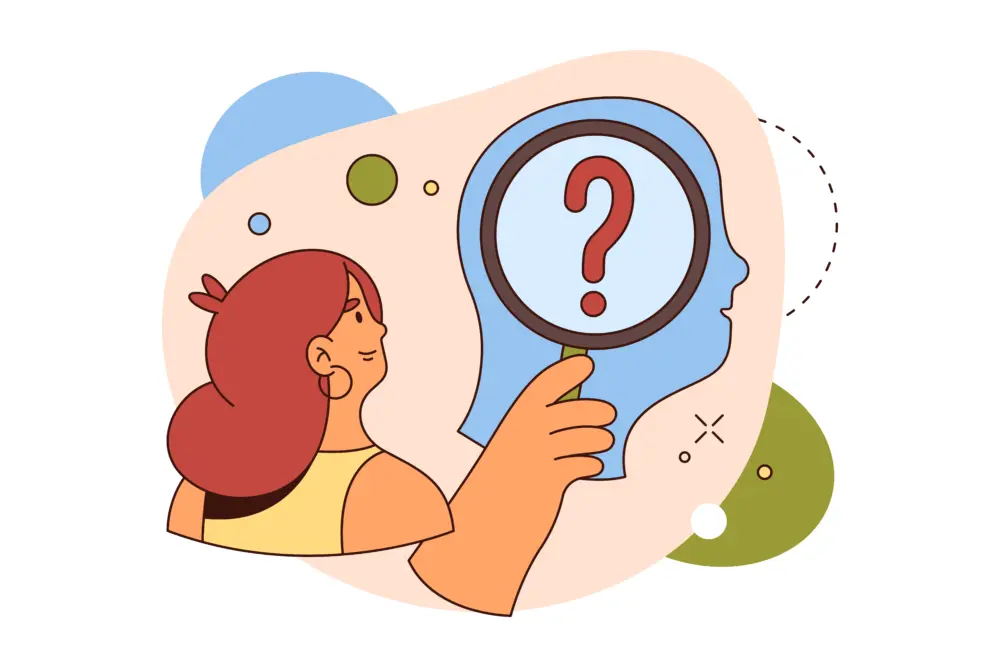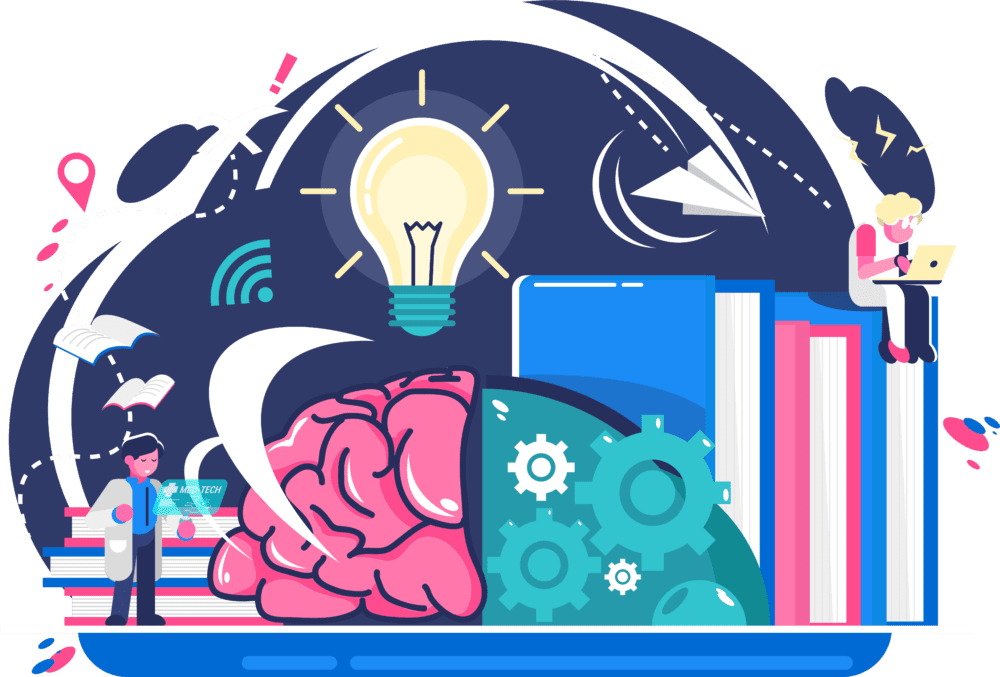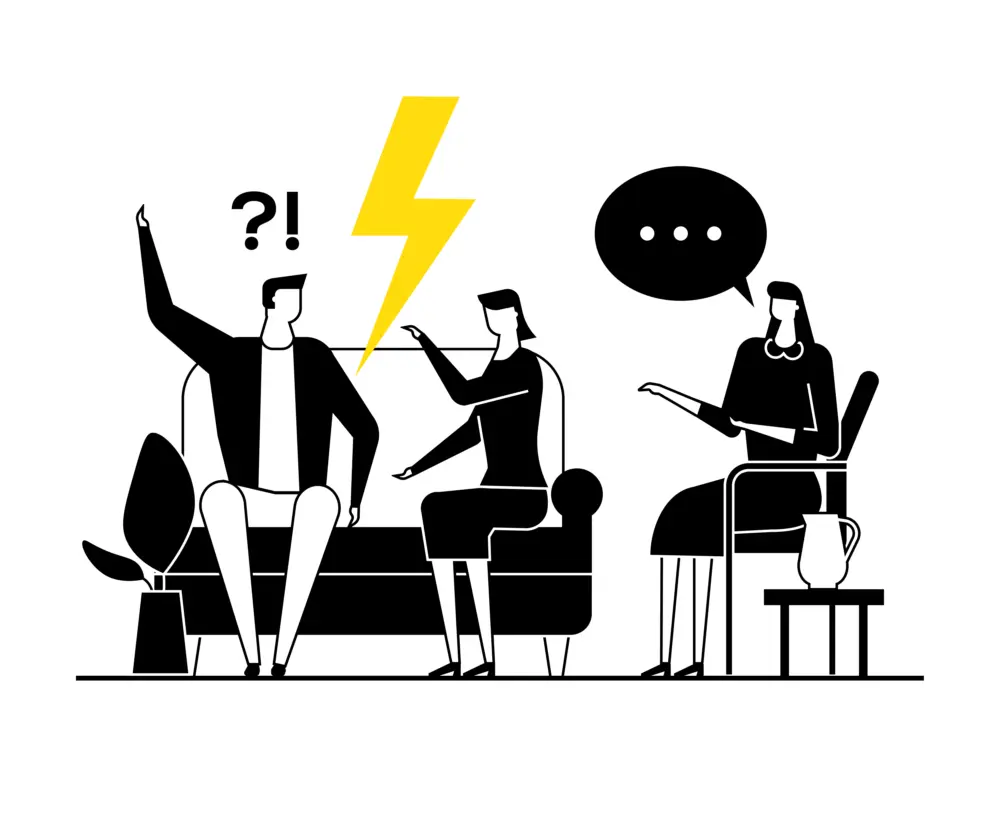Meditation, rooted in various traditions and cultures, has gained widespread recognition for its profound impact on mental health. In this article, we delve into the reasons why meditation is not just a spiritual practice. Moreover, it is a scientifically proven tool for cultivating a resilient and healthy mind. Understanding Meditation Meditation is a practice that… Continue reading
Category Articles
The Cognitive Revolution: Shaping the Landscape of Psychology
The field of psychology has undergone a profound transformation over the years. It is marked by various paradigm shifts that have shaped our understanding of the human mind and behavior. One such pivotal moment in the history of psychology was the Cognitive Revolution, a period that sparked a paradigmatic shift away from behaviorism and laid… Continue reading
History of Psychotherapy
The history of psychotherapy is a fascinating exploration of the human quest to understand and alleviate psychological suffering. From ancient rituals to modern therapeutic approaches, the field has undergone a remarkable evolution. This article will take you on a journey through time, tracing the development of psychotherapy from its early roots to the diverse and… Continue reading
Understanding Burnout: Symptoms and Cognitive Behavioral Therapy as a Treatment
Burnout has become an increasingly prevalent issue affecting individuals across various professions and life domains. Burnout is not just a feeling of fatigue; it is a state of chronic physical and emotional exhaustion. It also often accompanied by a sense of cynicism and detachment from work or personal responsibilities. In this article, we will explore… Continue reading
Third Wave in Cognitive Behavioral Therapy
Cognitive Behavioral Therapy (CBT) has stood the test of time as a frontrunner in evidence-based psychotherapy, offering practical tools to tackle a myriad of mental health concerns. However, the evolution of CBT has given rise to the “Third Wave,” a groundbreaking movement emphasising mindfulness, acceptance, and experiential techniques. In this comprehensive article, we will explore… Continue reading
Understanding Perma Model in Positive Psychology: A Blueprint for Well-Being
Positive psychology is a field that focuses on the scientific study of human strengths and well-being, seeking to understand what makes life worth living. One of the influential frameworks within positive psychology is the PERMA model, developed by psychologist Martin Seligman. The PERMA model is designed to guide individuals toward a flourishing and fulfilling life… Continue reading
Understanding Psychosis : Disorders, Symptoms, and Treatment Options
Psychosis is a mental health condition characterized by a disconnection from reality, leading to distorted thoughts, emotions, and behaviors. It can be a challenging and distressing experience for individuals affected and their loved ones. In this article, we will explore various psychotic disorders, delve into their symptoms, and discuss available treatment options. Psychotic Disorders Symptoms… Continue reading
Navigating the Pitfalls of Online Mental Health Advice: The Importance of Context
Seeking advice and support for mental health concerns has become increasingly common online. While the internet offers a vast pool of information and resources, it is crucial to recognize the dangers associated with relying solely on online mental health advice. One of the significant pitfalls is the lack of context that often accompanies such guidance,… Continue reading
A Guide for Supporting People with Suicidal Ideation
Supporting people with suicidal ideation requires empathy, understanding, and a willingness to help. It’s crucial to approach the situation with sensitivity and to encourage the individual to seek professional help. Here’s a guide to help support people with suicidal ideation: Understanding Suicide Taking the time to familiarize yourself with the signs and risk factors associated… Continue reading
The Pitfalls of Sharing Your Therapist with Close Friends and Family
More people are seeking professional help to navigate the complexities of their emotional well-being. However, the increasing openness about therapy also comes with sharing therapists among close friends and family. The intentions behind this practice often come from a desire for support and understanding. Potential dangers are associated with sharing your therapist with those in… Continue reading










